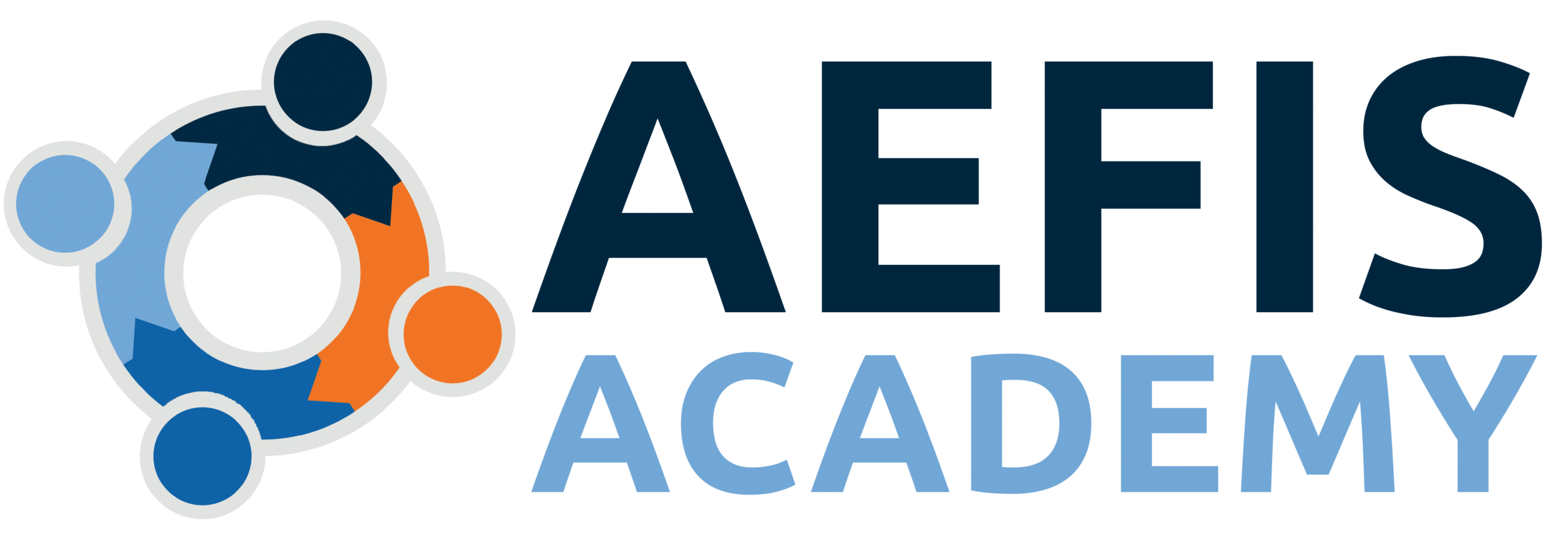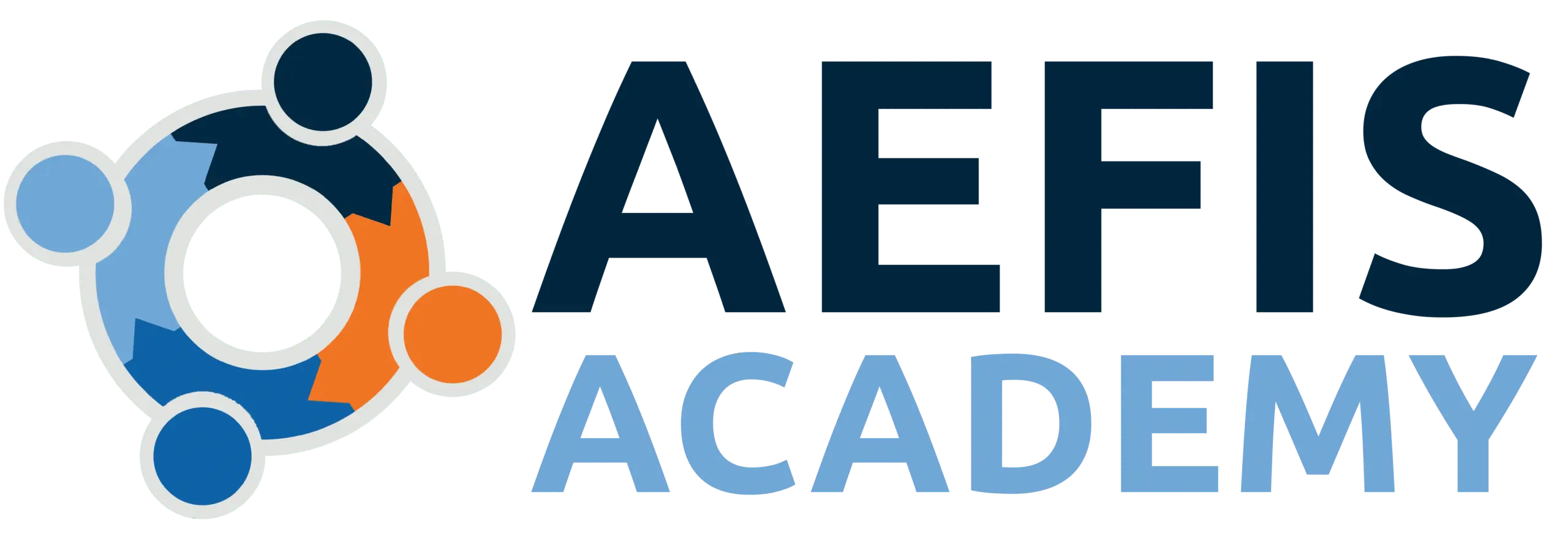Reimagining Academic Improvement
Not too long ago … ok, eight years ago, I started working as a sociology professor at Lincoln Land Community College. Having already taught in the college classroom extensively, my transition to LLCC was quite smooth, routine, and remarkably unremarkable. “Well, this is easy,” I remember thinking.
Then my dean asked me to join what was then called the Assessment Committee. How little I knew!
Since that time I have been part of three major overhauls to our campus structure and leadership:
1. developing new campus teams,
2. department realignment, and
3. the reinvention of assessment and curriculum processes.
Each change drew me deeper into leadership roles, and I now find myself as the faculty Chair of Learning Outcomes Assessment, leading a team of fellow instructors and administrators with the college’s accreditation just around the bend. How much I have learned!
It seems fitting, now, to reflect on a few hard-earned lessons regarding faculty engagement and ownership of curriculum and assessment. So, in no particular order, here are my six keys for remaking the processes of academic improvement:
1. Know the end goals
The desired change must be clear and specific. For instance, if you are setting out to re-evaluate curriculum within a program, you must first agree to the course/program/institutional outcomes and build from there. A clear vision can take time, but ultimately outcomes are the road map.
2. Be a mover
I have struggled with leadership style at times because I dislike being “directive” or – heaven forbid – condescending. That said, it is my experience that if you want processes to move along, you are going to have to be the mover. This almost always involves changing the conversation on your campus. If you can get people talking about change, it opens the door to acting on change.
3. Identify allies and early adopters
Change is not possible alone, and in every organization, there are those colleagues who are willing and excited to be the vanguard. The quicker you can identify your “A-Team” the better. But exercise caution, as these folks also need your support and praise. Burnout is real.
4. Seek partners, not just products
Technology too often is adopted as the solution to our problems only to become a problem in and of itself. Do not adopt a product; insist on a partner. The best vendors are those who want to build their brand on your success. Make sure your partners talk the long game.
5. Take small steps
Change is overwhelming, especially organizational change. Whenever possible I have tried to encourage change in easy to accept steps. For instance, LLCC was able to greatly improve assessment by simply adapting the AAC&U VALUE Rubrics to fit within our existing GenEd outcome structure. We did not reinvent the wheel; we just bought some new tires.
6. Get out of the way
When faculty have been divorced from participation in guiding or directing processes a “just tell us what to do” culture develops. This compliance mindset gets in the way of any real innovation and sucks the life out of assessment/curriculum practices. The best remedy we have found is to provide faculty with the resources needed and then to get out of their way. Let them take the reigns.









Discussion
Join the conversation, contribute, ask questions, and explore with everyone! It’s Your Community!